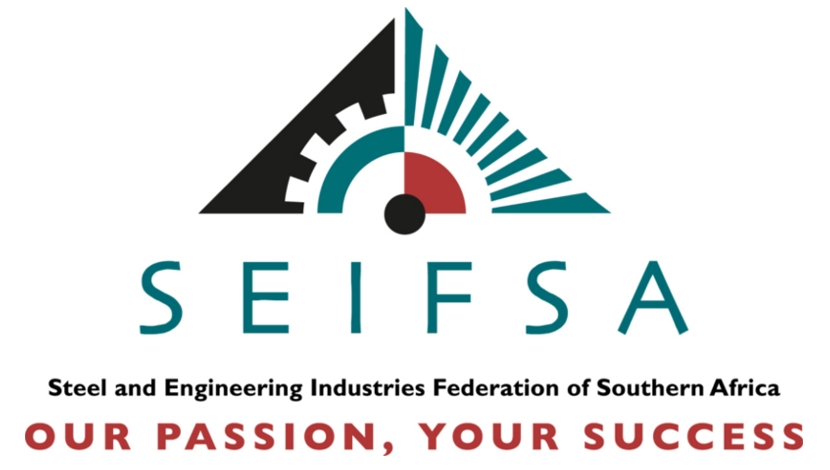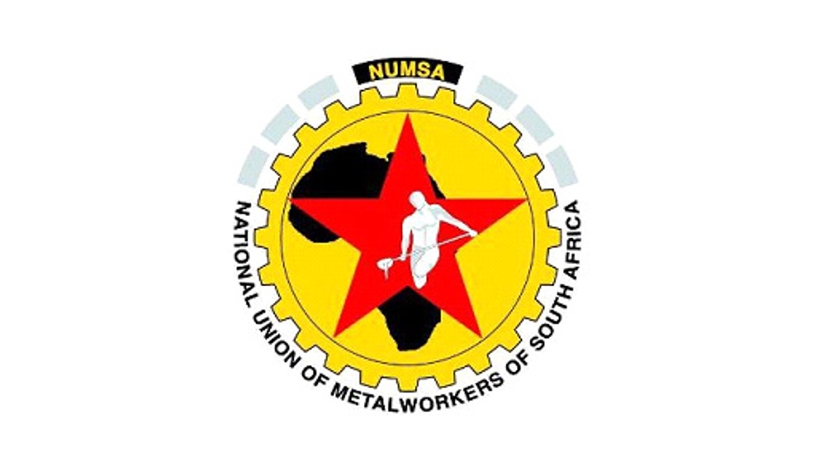

For the first time in a decade, the metals and engineering sector has settled a three-year wage agreement without resorting to industrial action, the Steel and Engineering Industries Federation of Southern Africa (Seifsa) said on Wednesday.
While none of the parties who signed the agreement are “entirely” happy with the end result, which, after four months of negotiations, resulted in a 7% increase for the current year, effective July 1; a 6.75% increase for the second year; and a 6.5% increase for the third year, they “can live with it”.
Over the last ten years, the industry’s wage negotiations had been characterised by industrial action – a week-long strike in 2007, a two-week strike in 2011 and a month-long strike in 2014.
The 2017 to 2020 metals and engineering sector settlement agreement, signed on Wednesday, marks the way forward for Seifsa and five trade unions, the National Union of Metalworkers of South Africa (Numsa), Solidarity, UASA, the Metal and Electrical Workers Union of South Africa and the South African Equity Workers Association.
“We believe it is the best possible agreement that we could reach under the circumstances, and we believe that it is fair to both [labour and employer] parties,” Seifsa CEO Kaizer Nyatsumba said at the signing ceremony at the Metals and Engineering Industries Bargaining Council’s (MEIBC’s) offices, in Johannesburg.
Of Seifsa’s 21 independent employer associations linked to the MEIBC, the National Employers Association of South Africa was the only employer organisation not party to the agreement.
Solidarity indicated its satisfaction with the agreement, noting that it would ensure security and certainty for the employees in the industry, especially in light of the current weak economy.
Numsa, which had initially demanded a 15% hike across the board, concurred that the settlement was the best agreement in the face of the complex situation facing the country.
The main agreement will be extended to nonparties and is binding to all in the engineering sector.





